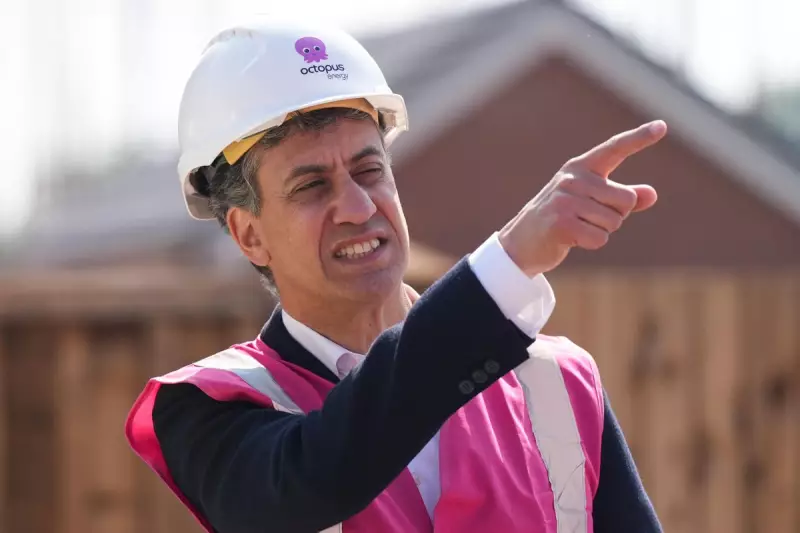
In a scathing critique of the new government's environmental credentials, former Green Party co-leader Sian Berry has accused Labour of committing a "monumental climate betrayal" by approving a second runway at Gatwick Airport.
Broken Promises and Climate Consequences
Berry, who recently stepped down as a Green Party co-leader but remains a London Assembly member, expressed profound disappointment that Labour has abandoned its previous opposition to airport expansion. The decision, she argues, directly contradicts the UK's legally binding commitment to achieve net-zero emissions by 2050.
"This approval flies in the face of all scientific evidence and climate rationality," Berry stated. "Just weeks into their term, Labour is already sidelining the climate crisis in favour of outdated economic models that prioritise growth at any environmental cost."
The Aviation Dilemma: Economy vs. Environment
The debate over Gatwick's expansion highlights a fundamental tension in modern policymaking. Proponents argue that the second runway is essential for economic growth, job creation, and maintaining the UK's competitive edge in global travel. However, Berry and environmental experts counter that the aviation sector's carbon footprint is incompatible with climate targets.
Key concerns raised include:
- Carbon Budget Breach: The additional flights would consume a significant portion of the UK's remaining carbon budget.
- Technological False Hope: Reliance on unproven future technologies like sustainable aviation fuels is a risky gamble.
- Demand Management: The government is failing to address the need to manage, not endlessly facilitate, flight demand.
A Test of Labour's Green Commitment
This decision represents the first major environmental test for Prime Minister Keir Starmer's administration. Berry warns that it sets a dangerous precedent, suggesting that Labour may be willing to compromise on climate action when faced with economic pressures.
"The message this sends is devastating," Berry lamented. "It tells the public and the world that when push comes to shove, short-term economic interests will always trump long-term environmental survival. This is not the bold, green leadership we were promised."
The controversy ensures that airport expansion will remain a flashpoint in UK climate politics, with environmental groups likely to mount significant opposition to what they view as a policy failure of historic proportions.





